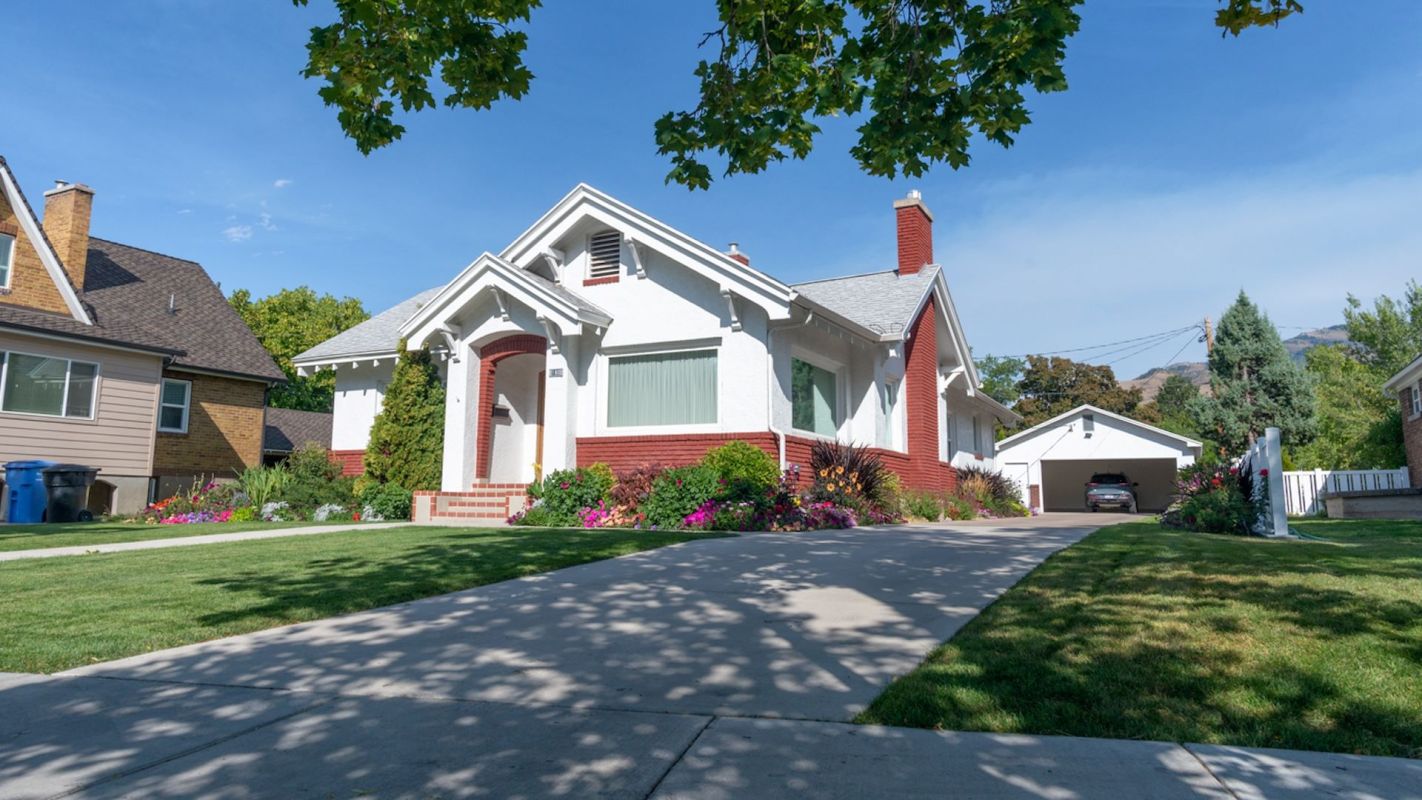Though grass lawns are ubiquitous throughout the United States, they require so much water to maintain that they can actually be harmful to the environment, particularly in drier climates. That's why one city is now paying residents to replace their grass lawns with plants more suited to the climate.
Hyde Park, Utah, has partnered with a statewide Landscape Incentive Program to offer residents a rebate of up to $1.50 per square foot (up to $50,000) to replace grass lawns with "water-efficient alternatives" such as native plants, drought-resistant shrubs, and trees.
Residents hoping to get some of that money should act quickly, as applications will be accepted on a first-come, first-served basis "until funds run out."
"Utah primarily has a dry, semi-arid and desert climate," according to the Visit Utah tourism page. "It is one of the driest states in the country with one of the lowest relative humidity percentages." That means that desert plants, such as succulents, are much more suited to the environment than grass is. "Grass doesn't belong everywhere" is the tagline for the program.
As the webpage that lays out the specifics for the program points out, a whopping 60% of residential water use in the state of Utah goes toward outdoor irrigation.
As droughts become more frequent and more intense due to the changing weather patterns caused by pollution, it is more important than ever to conserve water, especially in arid climates. As these changes to the climate continue to intensify, dry climates get drier while wet climates get wetter.
That's why many people — not just Utahans who are getting paid to do it — are turning away from grass lawns these days. In addition to wasting massive amounts of water, grass lawns discourage ecological diversity, require constant and expensive maintenance that often involves polluting gas-powered yard equipment, and simply are not as interesting as many of the alternatives, which include native lawns and clover lawns.
Join our free newsletter for easy tips to save more, waste less, and help yourself while helping the planet.









